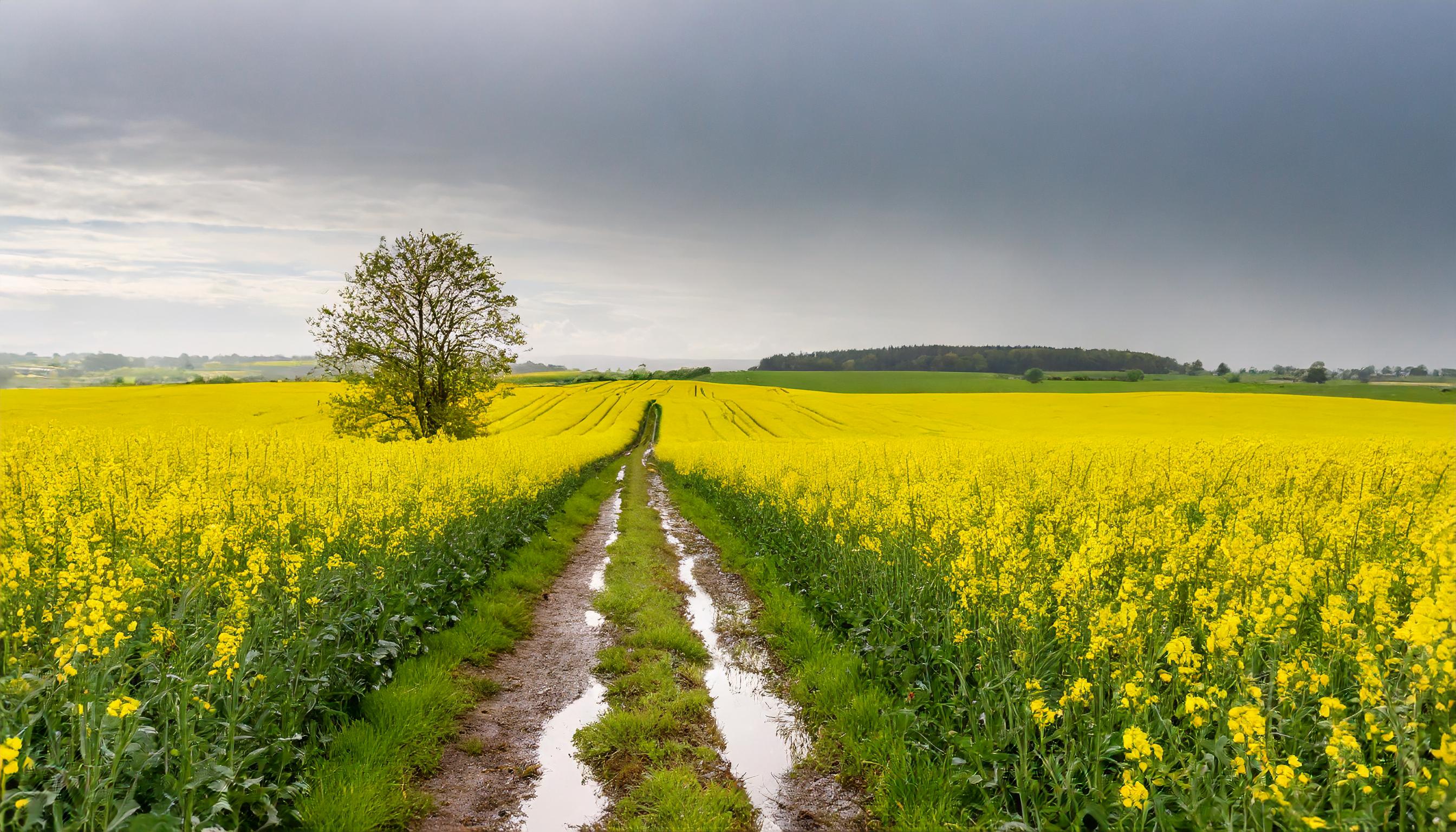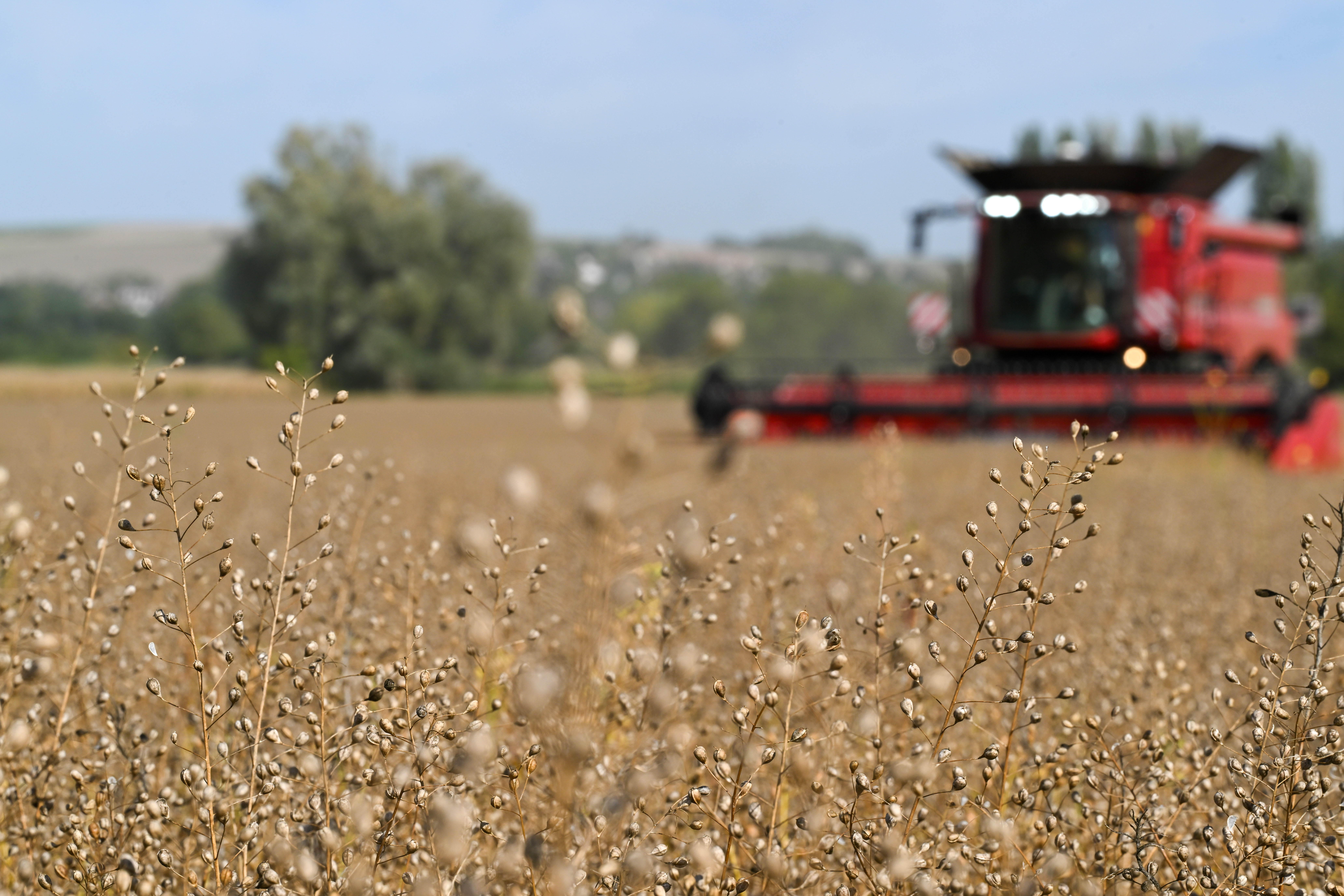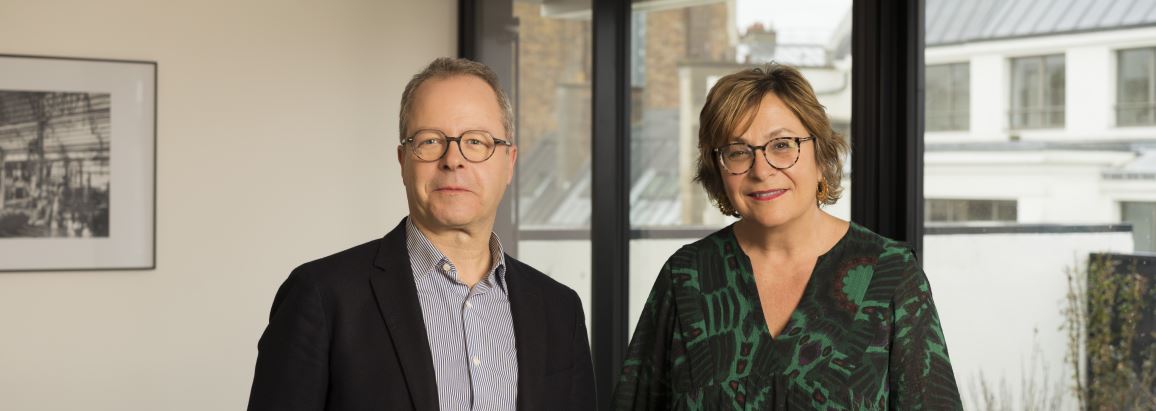After observing that sustainable French oilseeds were losing their competitive edge on European markets, and with the goal of promoting agriculture as part of the solution to climate change, Saipol launched the first low-carbon approach for French oilseeds in 2019: OleoZE. “We revolutionised the market by moving from punitive ecology to positive ecology, by providing farmers with additional income”, recalls Emélie Halle, Low Carbon Supply Manager at Saipol, the company behind the project. “We had to make sure that the value used for marketing high-GHG-reduction biofuels grown using agricultural practices that promote carbon storage actually financed farmers’ best practices.” This is how OleoZE appeared on the agricultural landscape, providing farm-by-farm traceability of agricultural practices and transparency on GHG bonuses for all players in the oilseed sector using digital technology for the low-carbon oilseed sector.
Regulatory “quicksand”
At Saipol, we strengthen our expertise in sustainability, traceability and promoting new practices year after year in an ever-changing regulatory environment. The most recent regulation, the ESCA Delegated Act, which came into force in Europe on 1 January 2024, has given Saipol’s teams a real boost: “We have an eye on the ground and we are aware of the difficulties involved in implementing some of these measures on farms. We’re being as pragmatic as possible and our priority is to protect the interests of the industry,” insists Emélie Halle. Under the impetus of Saipol, with the commitment of elevator companies and professional organisations, nearly 10,000 farmers have been able to secure eligibility for an improved GHG bonus for 5 years (grandfather clause as part of the changes to ESCA regulations). Despite these uncertainties and the fraudulent import of used oils which weigh on the biodiesel market, Saipol is still a buyer of low-carbon oilseeds via OleoZE, but volumes have hit a limit of 135,000 tonnes with an average reduction of 97% of greenhouse gases.
“It feels like we’re standing on quicksand”, but for Emélie Halle these regulatory changes are helping to “reinforce the industry by pulling everyone upwards”. Saipol sees the forthcoming regulatory framework as favourable to the development of low-carbon seeds from regenerative agriculture, particularly RED III, which will require Member States to review their incorporation mandates in favour of high-GHG-reduction biofuels. For the next step, “we’re staying involved and investing in the future”, Emélie Halle points out. In 2024, to meet the industry’s need for regulatory support and enable cooperatives and traders to help even more farmers make the transition under the best possible conditions, Saipol is launching a long-term commitment partnership called the Impact Programme. Emélie Halle explains, “While the OleoZE tool allows us to conduct calculations and provide transparent compensation for regenerative agricultural practices for all, the Impact Programme is designed for grain elevator companies, which, through technical support for committed farmers, are the only organisations that can increase collected volumes.”
€20 million paid back to the agricultural sector
Nearly 5 years after the first volumes of low-carbon oilseeds were marketed via OleoZE, 11,000 sustainable farming practices have been promoted and more than 700,000 tonnes contracted at an average GHG bonus of €29/t. But for Emélie Halle, if there’s one thing to be proud of, it’s having paid back more than €20 million into the agricultural sector via the GHG bonus. “We can be proud of having succeeded in offering the best value on the market for rapeseed and sunflower seeds in conjunction with regenerative farming practices, even if we focus specifically on oilseed acreage”.
In terms of projects, Saipol is not stopping at its OleoZE tool. Although the most lucrative market today is undoubtedly biofuels, Saipol intends to continue developing to remain the leader in low-carbon supply, making its expertise in traceability, sustainability and promoting changing practices available to other sectors, in order to support upstream and downstream players in decarbonisation and regenerative agricultural practices throughout the rotation for all fields.


